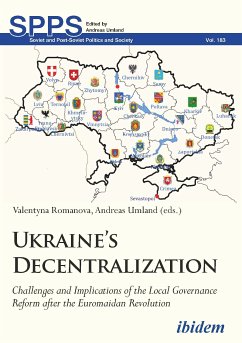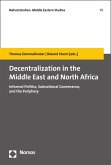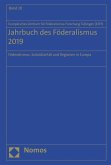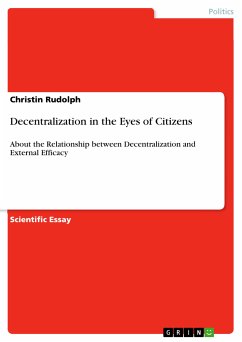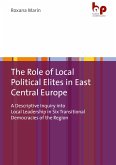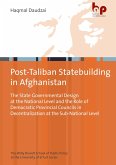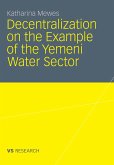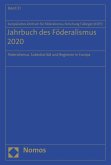After Ukraine's 2013-14 Revolution of Dignity, much Western attention to Ukrainian domestic policies has been focused on the country's "Europeanization" in the narrow and technical sense of the word, i.e. to its adoption of EU standards and legislation. In contrast, a parallel major transformation with no direct relation to Ukraine's EU association and accession-a multidimensional local governance and territorial reform-has been receiving less journalistic and scholarly coverage. That is in spite of the fact that the gradual decentralization process that Ukraine's first post-Euromaidan government started in April 2014 is an exceptionally far-ranging and already advanced transition. It redefines not only Ukrainian center-periphery interactions, but also state-society as well as government-citizen relations. This collected volume is one of the first of its kind and presents eleven narrowly focused research papers by Oleksandra Deineko, Melanie Mierzejewski-Voznyak, Maryna Rabinovych, Aadne Aasland, Max Bader, Igor Dunayev, Yuriy Palekha, Oleksii Sydorchuk, and the editors. The chapters illustrate specific problems as well as repercussions of Ukraine's ongoing local governance reform ranging from fiscal governance to party politics as well as wartime challenges.
Dieser Download kann aus rechtlichen Gründen nur mit Rechnungsadresse in A, B, BG, CY, CZ, D, DK, EW, E, FIN, F, GR, HR, H, IRL, I, LT, L, LR, M, NL, PL, P, R, S, SLO, SK ausgeliefert werden.

